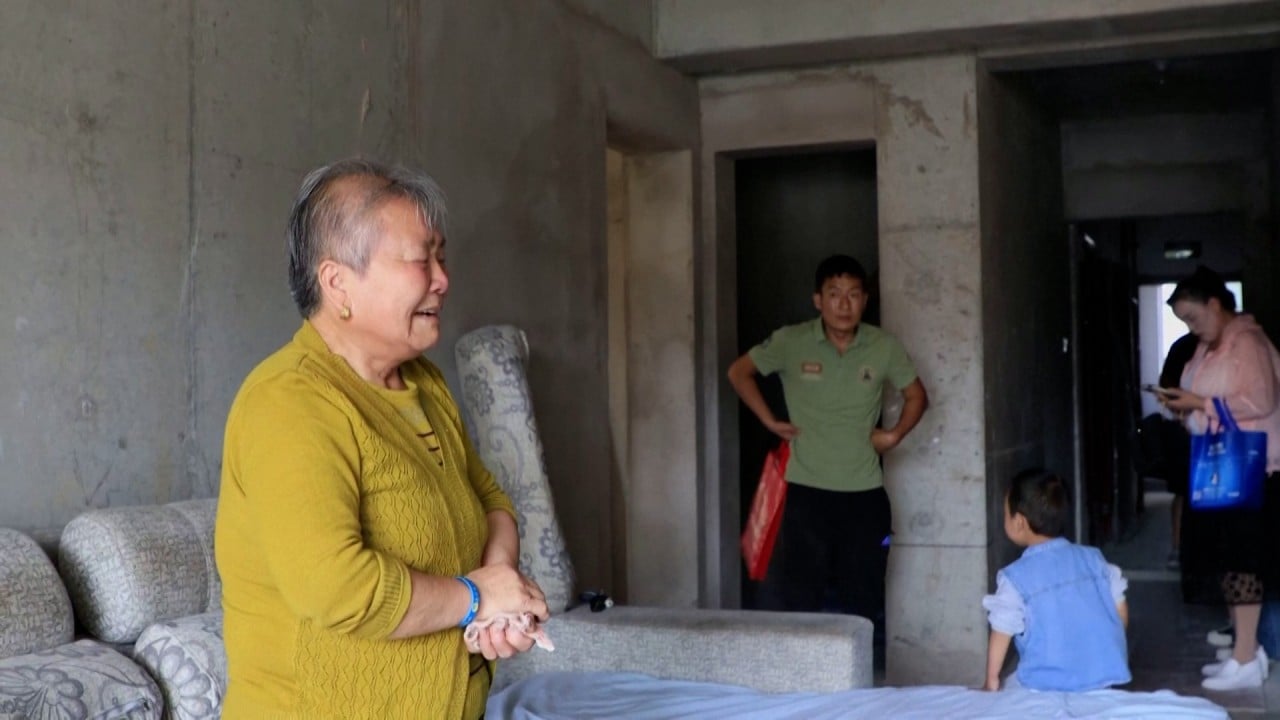China’s state assets watchdog has identified four areas within enterprises run by the central government worthy of careful monitoring – trust companies, finance subsidiaries, private equity and commercial factoring – indicating a tendency towards risk control running deep throughout the country’s economy.
“[The central financial work conference] underscored the importance that each unit within state-owned enterprises confronts prominent issues,” the State-owned Assets Supervision and Administration Commission of the State Council (Sasac) said at a recent meeting.
Once risks surface, decisive action must be taken promptly to eradicate them in their infancy
“[The conference] firmly called for rectifying issues of formalism and bureaucracy, proactively preventing and resolving risks in the financial sectors of central enterprises,” the commission said in an online statement published Monday.
Sasac has already set up a leading group to manage the tasks deemed necessary for a thorough de-risking process.
“Overall risks in the corporate financial sector need to be comprehensively assessed, identified, warned, exposed and disposed of at an early stage,” the watchdog said.
“Once risks surface, decisive action must be taken promptly to eradicate them in their infancy, establishing robust and enduring mechanisms to firmly secure the baseline.”
The agency oversees more than 90 state-owned industrial giants, including China Mobile, China National Petroleum Corporation, contractor China State Construction Engineering Corporation and the Commercial Aircraft Corporation of China. Firms supervised by Sasac had total assets of 81 trillion yuan (US$11.4 trillion) at the end of last year.
China’s major financial players – including major insurers, investment houses and the “Big Four” state-owned banks – count Central Huijin, a subsidiary of the sovereign wealth fund China Investment Corp, as a controlling or majority shareholder, while many national joint-stock banks or regional lenders are controlled by governments at different levels.
Central enterprises only control some small brokerage houses, banks or trusts. To facilitate cash flow, many have financial subsidiaries.
In addition to their property development subsidiaries, some enterprises also have heavy exposure to the property or construction sectors through financing or ownership shares.
‘Our debt burden is light’: China can assist local governments, PBOC chief says
‘Our debt burden is light’: China can assist local governments, PBOC chief says
De-risking is thereby likely to remain a buzzword at the coming central economic work conference.
Local government debts have reached 38 trillion yuan, but hidden debts – borrowed through local government financing vehicles (LGFVs) to skirt restrictions on government borrowing – are believed to be even bigger.
Central enterprises also wield significant control and regulatory oversight over major banks, who are grappling with bad loans and record-low net-interest margins while still functioning as a lifeline for developers on the verge of default or collapse.

